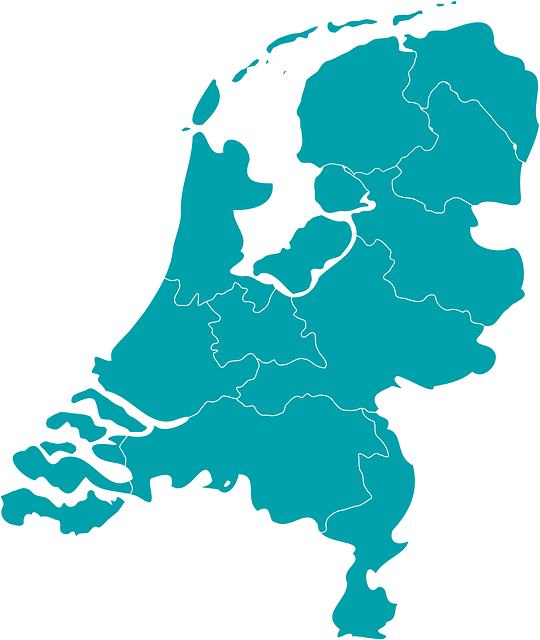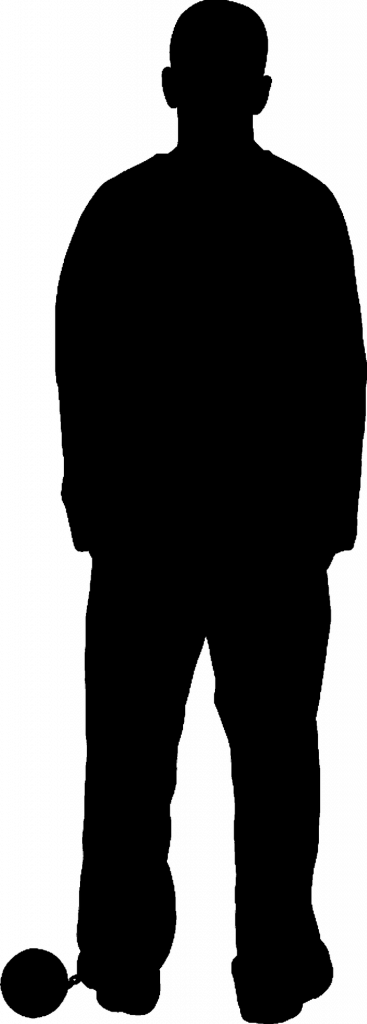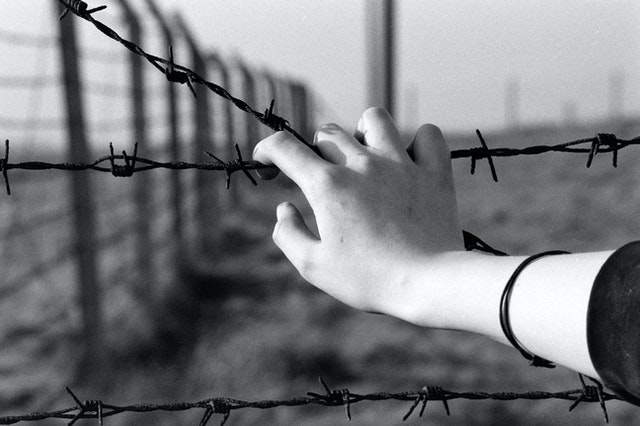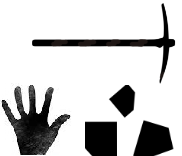New Regulations Worldwide for a Modern Slavery Policy
Several countries, such as Australia, California, France, and the United Kingdom (UK), have enacted obligations to tackle modern slavery and human trafficking. The Netherlands joined the effort on May 14th, 2019, and passed the Child Labor Due Diligence Law (Wet zorgplicht kinderarbeid).
Scope of New Dutch Regulation Against Modern Slavery
This regulation covers businesses registered in the Netherlands and any company that places products into the Dutch market twice or more per year. In addition, the bill targets companies selling online that explicitly focus on the Dutch market.
High-risk industrial sectors include manufacturers of various products, such as electrical and electronic equipment.






